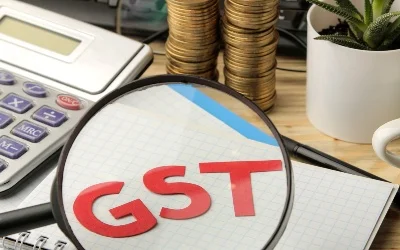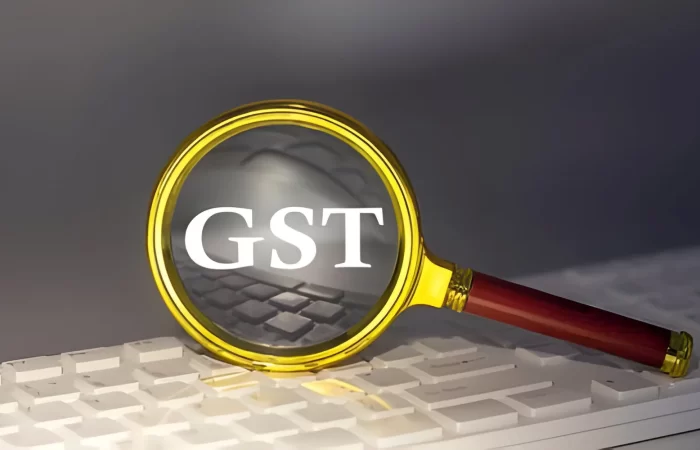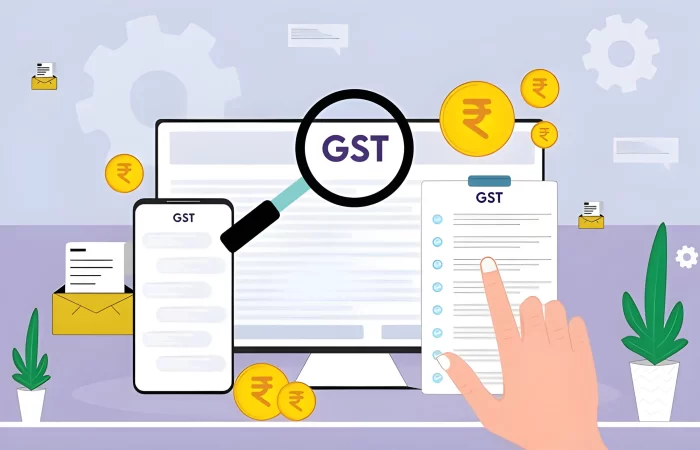
GST Registration Thresholds: Comparing Previous Limits with the Latest Updates
Navigating the complexities of GST registration is a common concern for businesses in India. Many wonder if they need to register for GST and what the specific exemption limits are. The Goods and Services Tax (GST) framework includes essential thresholds that determine when a business must register and pay GST, significantly impacting small and medium-sized enterprises (SMEs). Currently, businesses dealing in goods must register if their annual revenue exceeds ₹40 lakhs, while service providers face a threshold of ₹20 lakhs. Understanding these limits is crucial for compliance and effective financial management.
GST Exemption Limits
Under the GST regime, businesses with annual revenues below specific thresholds are not required to register for GST but can opt to do so voluntarily. The current GST exemption limits are set at ₹40 lakhs for goods and ₹20 lakhs for services. For special category states, the exemption limits are ₹20 lakhs for goods and ₹10 lakhs for services. These thresholds help smaller businesses alleviate compliance burdens while ensuring that essential sectors remain regulated.
Overview of GST Registration Thresholds: Previous vs. Updated Limits
Until March 31, 2019, the GST registration thresholds were lower, with normal category states requiring registration for turnover exceeding ₹20 lakhs for goods and ₹20 lakhs for services. Special category states had even lower thresholds. However, the updates effective from April 1, 2019, have raised the limits for the sale of goods in normal category states to ₹40 lakhs and for special category states to ₹20 lakhs.
| Activity | State Type | Threshold Until Mar 31, 2019 | Threshold From Apr 1, 2019 |
|---|---|---|---|
| Sale of Goods | Normal Category States | Exceeds ₹20 lakhs | Exceeds ₹40 lakhs |
| Special Category States | Exceeds ₹10 lakhs | Exceeds ₹20 lakhs | |
| Providing Services | Normal Category States | Exceeds ₹20 lakhs | Exceeds ₹20 lakhs (No change) |
| Special Category States | Exceeds ₹10 lakhs | Exceeds ₹10 lakhs (No change) |
This adjustment allows more businesses to benefit from the exemption, providing greater financial flexibility.
Determining Your GST Registration Requirement
To determine if your business meets the GST registration threshold, you must calculate your aggregate turnover. This calculation includes all revenue from sales and services, export earnings, and interstate supplies. However, certain types of income—such as non-taxable sales and government grants—are excluded.
Categories with Compulsory GST Registration
Certain businesses must register for GST regardless of turnover. These include interstate suppliers, casual taxable persons, and e-commerce operators. Such provisions ensure that critical sectors remain compliant while supporting the growth of SMEs.
Consequences of Non-Compliance
Failing to register for GST after surpassing the threshold can result in heavy penalties, legal actions, and reputational damage. Compliance with GST regulations not only avoids these repercussions but also allows businesses to claim input tax credits, enhancing overall profitability.
Conclusion
Understanding the GST registration thresholds is vital for businesses operating in India. The current exemption limits—₹40 lakhs for goods and ₹20 lakhs for services—offer a framework that supports SMEs while ensuring necessary compliance. For businesses unsure about their obligations, consulting with GST registration consultants can provide clarity and guidance. Whether you’re looking for GST consultants in Mumbai or experts in GST return filing, taking proactive steps will help ensure your business thrives within the GST.
Ready to secure your GST registration? Start your journey today with Shah and Doshi and let our team of experts simplify the process for you! For more information, visit our official page today.



